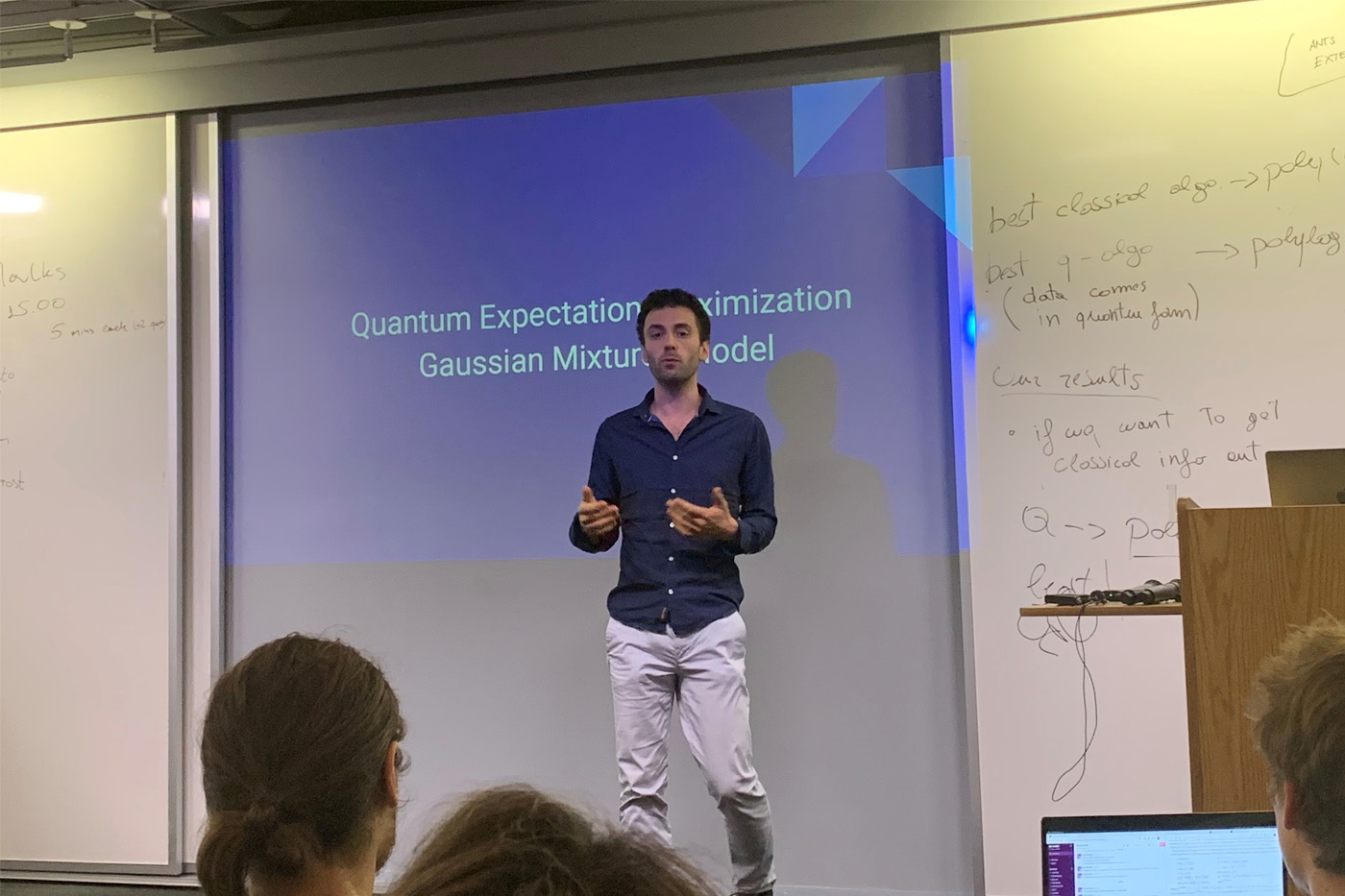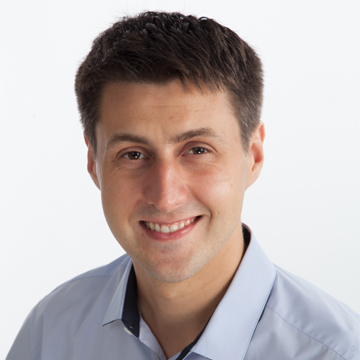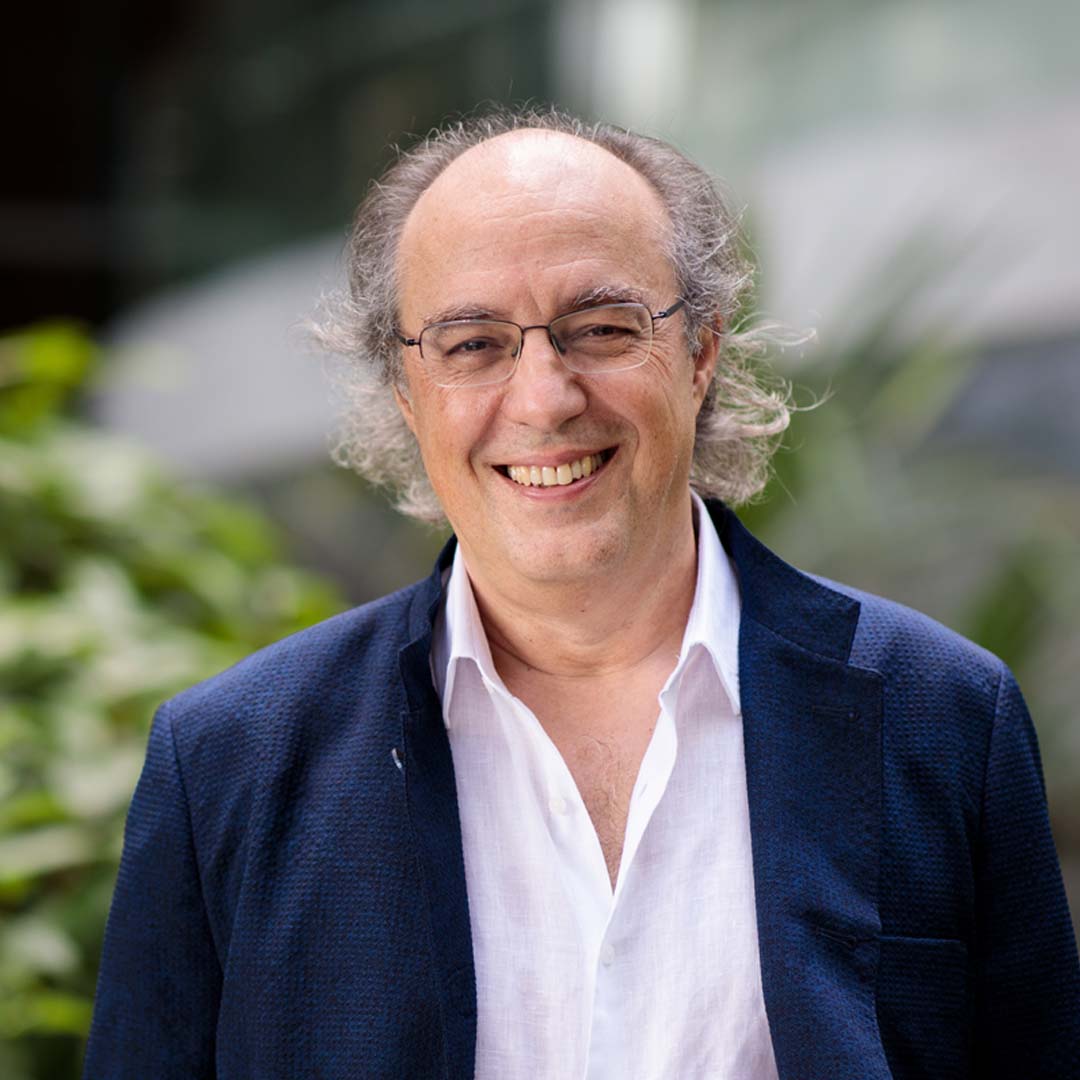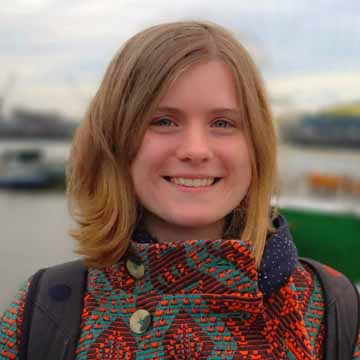Highlights
Meet a CQTian: Alessandro Luongo
 Alessandro speaking at The Quantum Wave in Computing programme held at the Simons Institute for the Theory of Computing in 2020. Besides being an expert in quantum algorithms, he is also a hacker.
Alessandro speaking at The Quantum Wave in Computing programme held at the Simons Institute for the Theory of Computing in 2020. Besides being an expert in quantum algorithms, he is also a hacker.
Who are you?
I’m Alessandro and I’m from Italy. Most recently, I lived in France for four years completing my PhD. Now, I am a theoretical computer science Research Fellow in Miklos Santha’s group, researching algorithms. My job is to understand the problems solved by classical computer scientists and try to do it better and faster with quantum computers.
You recently arrived in Singapore and CQT. How are you settling in?
I am excited to be here. I wanted to be somewhere I could interact with other researchers. People like Miklos and Patrick Rebentrost at CQT are very good scientists, so it is great to be working with them. Miklos actually supervised one of my supervisors, Frédéric Magniez, who is the director of the biggest theoretical computer science group in France. Iordanis Kerendis, my other supervisor, is also a Research Affiliate in Miklos’s group.
What are you working on right now?
With Miklos and Patrick, we are exploring algorithms applied to finance. One problem in finance we are looking at is pricing derivatives. For me, it is exciting to learn about the mathematics behind finance, which is extremely advanced and well developed. I love learning.
As a community, quantum scientists are promising future impacts, and finance is a practical place to look. It should be easy to measure the impact of your work. For example, we might sort problems according to their financial importance, and to measure for each of them the potential benefit of a faster or more accurate computation.
I am also working on doing quantum machine learning with the lens of group theory. The hope is to come up with tools that are not only interesting for machine learning applications but also useful in other areas of quantum information.
You started an online resource about quantum algorithms. Could you share more about it?
Quantumalgorithms.org started years ago as my blog. Then, I made my PhD thesis into a series of lecture notes. It is focused on quantum algorithms for data analysis, statistics, linear algebra and everything around machine learning.
We are working on adding more content. Armando Bellante, my ex-student, is helping me. We are also supervising five students from the Quantum Open Source Foundation, which organises a mentorship programme for students who want to learn about quantum.
What was the motivation behind the project?
The core thing for me was to give to people what I would have liked to have at the beginning of my PhD – all the mathematical knowledge that you need to understand the literature on quantum algorithms. There is a huge gap, in terms of years of research, between the papers and the textbooks. In my experience, it is really rare to find a textbook that gives the background you might need to understand papers, specifically in quantum computer science.
What is something about the project that people may be surprised to know?
On quantumalgorithms.org, it says, “This book is dedicated to all cypherpunks: civil liberties through complex mathematics”. Cypherpunks is a movement about civil liberties in the digital space. During what is generally called the first crypto war in the late 90s, cypherpunks were part of a broader movement against the US government’s encryption export restrictions.
I thought that quantumalgorithms.org shared something with the movement, in the sense that technologies that will hopefully impact the lives of many should not be impenetrable or inaccessible. They should not be a black box. To me, it seems good to have a place that helps people understand what is going on.
What is your connection to cypherpunks?
I don't have any direct connection with the original cypherpunk movement, but I was involved in the Italian hacker scene, which bears their values, since I was 15 years old. I was doing cybersecurity and was into hacking, not in the malicious sense, but exploring how systems are built and their vulnerabilities. I am a founding member of the biggest non-governmental organisation (NGO) for hackers in Italy – the Inclusive Hacker Framework. We organise a conference with a camp every few years. I am also a fellow of an NGO for digital human rights. For them, I train journalists on cybersecurity.
How did you get interested in hacking?
I really like computers. With cybersecurity, if you know how to break something, it means you really know how it works. It takes a holistic approach to hack something, because often the vulnerabilities are in the way the pieces of a system connect to one another. As a consequence, you need to have a clear understanding of all the details and how all the pieces fit together. This is the same approach I try to have in quantum computer science.
What was your path into quantum from hacking?
From hacking, I discovered I wanted to have more mathematics in my life. When I was learning about cybersecurity and theoretical computer science during my undergraduate years, I attended a course by the computer science department on ‘Advanced probability’. The professor, Diego de Falco, was a quantum computer scientist and the final lecture was about qubits. Learning more about quantum, I realised it was the best option I could possibly imagine. It offers interesting applications in the real world, a lot of complex mathematics, and it is related to machine learning and cybersecurity.
What has been difficult about getting to where you are now?
To focus on what I can contribute. Quantum is very broad, and you might think that you need to know everything about it. A challenge for me was to accept that my research area is limited, that it is okay to not follow literature from other fields of quantum information, like foundations or experimental physics.
What do you enjoy most about working in quantum?
I enjoy being able to talk to the smartest people I know – to be able to contribute to discussions and for my contributions to be appreciated by people I respect. I am lucky enough to be in the company of good scientists, allowing me to grow.
Learn more
Related Stories
 | Meet a CQTian: Kyle Arnold December 16 2020 |
 | Meet A CQTian: José Ignacio Latorre April 29 2021 |
 | Meet a CQTian: Angelina Frank May 24 2021 |






